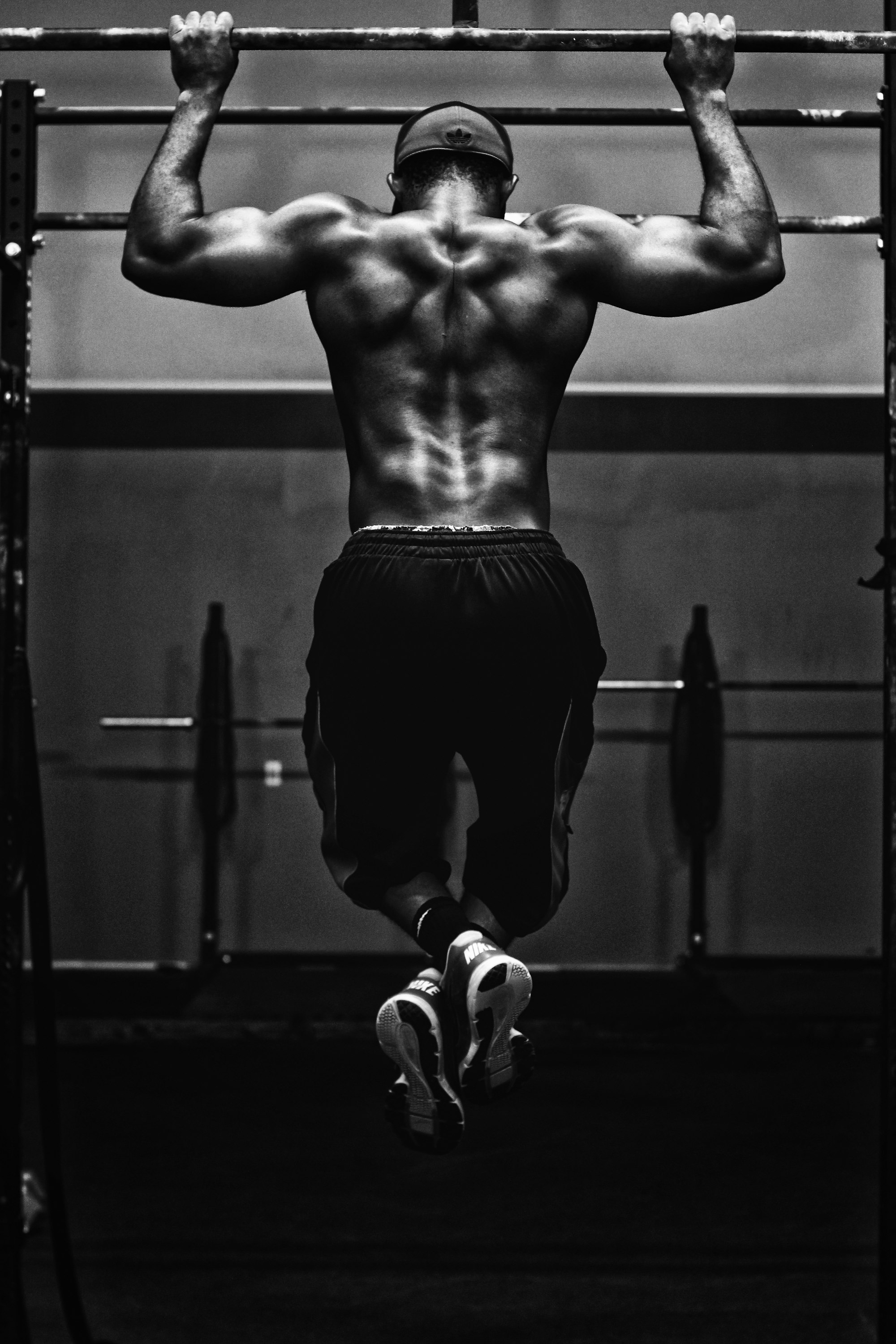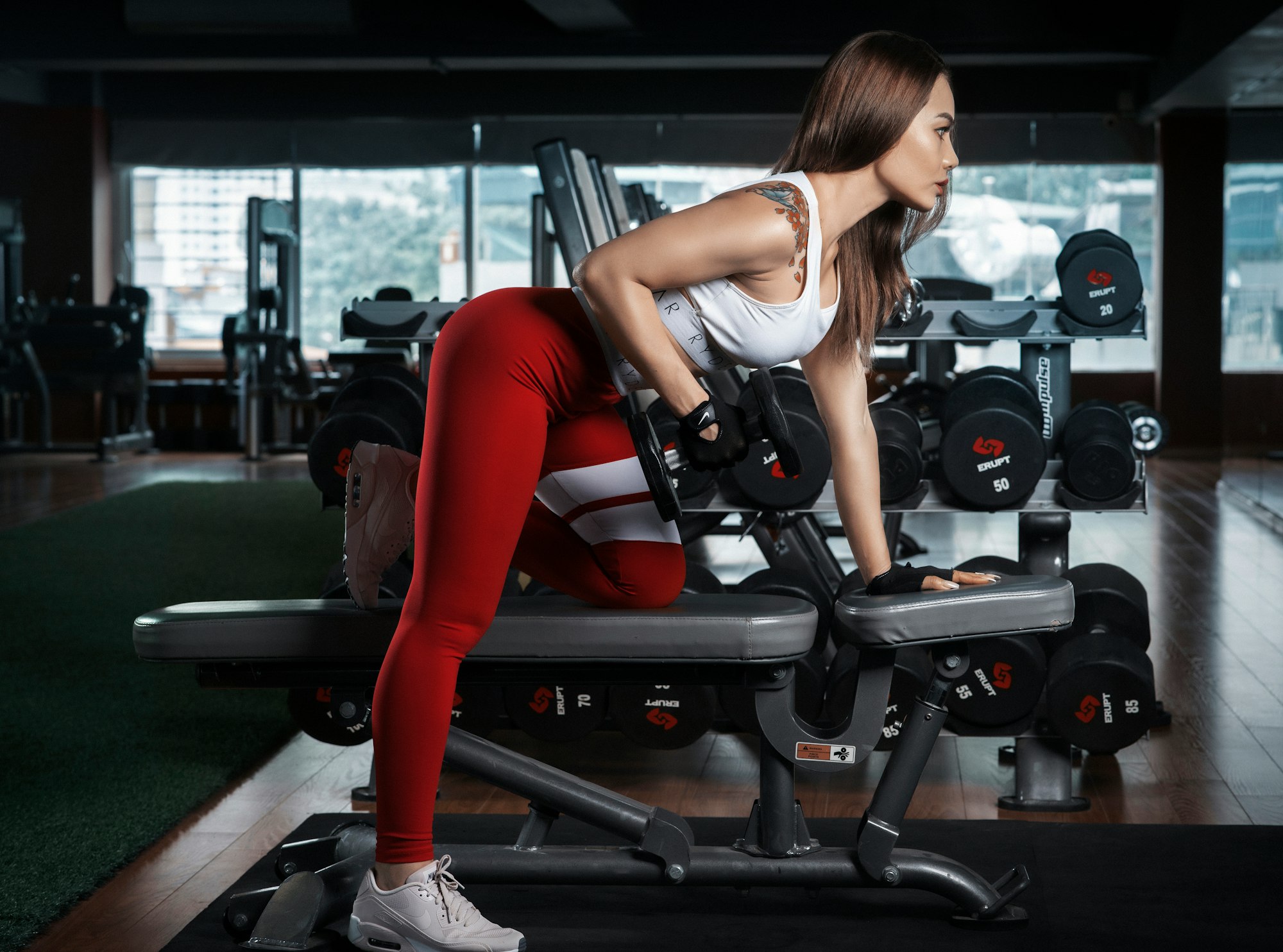
PHYSICAL PERFORMANCE
Want to sleep better? Lift some weights.
Results of a new study show that resistance exercise promotes better sleep among inactive adults, especially those who are poor sleepers.

The Zest Team
· 3 min read
According to a 2018 Department of Health and Human Services report (and nearly every sleep medicine specialist you ask), regular aerobic activity can help improve the quality of your sleep. As part of their report, HHS also called for more research into resistance exercise and sleep outcomes.
Angelique Brellenthin, PhD, assistant professor of kinesiology at Iowa State University, answered that call. Her findings show that resistance exercises that work on strengthening muscle may actually be better than aerobic exercise for improving the duration and quality of sleep.
"We found that resistance exercise appeared to go above and beyond aerobics or even a combined aerobic and resistance routine on several different sleep outcomes," she said, adding, "Our study is one of the largest and longest exercise trials in a general adult population to directly compare the effects of different types of exercise on multiple sleep parameters."
Strength training improved sleep
The year-long study included 386 people who were randomly assigned to four groups: no-exercise, cardio only, strength training only, or a combination of cardio and strength training. During those 12 months, study participants in each of the exercise groups completed 3 60-minute workouts per week. Cardio workouts were done on treadmills, stationary bikes, and elliptical machines. Strength-training sessions used 12 resistance machines that worked all major muscle groups.
At the start of the study and then again at the 12-month mark, participants rated their sleep quality using the Pittsburgh Sleep Quality Index, a validated self-assessment designed to measure seven domains of sleep (such as duration, sleep disturbances, and restfulness). At the start of the study, data showed that 35% of participants struggled with sleep issues. After 12 months, everyone on average reported better sleep (including the control group that did not do supervised workouts). But the improvements were not equal across the groups.
Among the 42% of participants who were not getting at least 7 hours of sleep at the study's start, sleep duration increased by an average of 40 minutes for the resistance exercise group compared to an increase of about 23 minutes in the aerobic exercise group, and about 17 minutes in the combined exercise group. For the control group, poor sleepers reported getting an extra 15 minutes of sleep by the end of the year.
The study showed that those who strength trained improved other measures of sleep as well. Sleep efficiency — or how much time you spend asleep while in bed — increased for those who strength trained or did both cardio and strength training. After a year, people who incorporated resistance training into their movement routines fell asleep faster, slept longer, and woke up less at night.

Why is resistance exercise better than aerobics for improving sleep?
No one yet knows, Brellenthin said, but she has some theories.
One is that weight training stimulates growth in muscle cells, which boosts levels of testosterone and growth hormone in the body, "and both of these hormones have been linked more broadly with better, deeper sleep," she said. "Another theory might be that when you do weight training, those microscopic tears in muscle tissue are sending a stronger signal to the brain to put the person in a deeper state of restoration at night. We think the reason we sleep at all is that it's a restorative process that allows the brain to replenish and repair the body."
Based on these findings, interventions focused on resistance exercises may be a new way to promote better sleep. Besides machines, resistance exercise can include lifting free weights, using elastic resistance bands or your own body weight— for instance doing lunges, squats, push-ups, and chin-ups. Weight training adds strength by stressing the muscle fiber, forcing the body to build it back up and maybe help your body spend more time asleep.

"While both aerobic and resistance exercise are important for overall health, our results suggest that resistance exercises may be superior when it comes to getting better zzz’s at night," Brellenthin said. “I think the take-home message should be that if your sleep has gotten noticeably worse over the past two stressful years, consider incorporating two or more resistance exercise training sessions into your [weekly] exercise routine to improve your sleep, as well as your general muscle and bone health."
PHYSICAL PERFORMANCE
#JANET
#JENNA
PHYSICAL RECOVERY
SLEEP HEALTH


